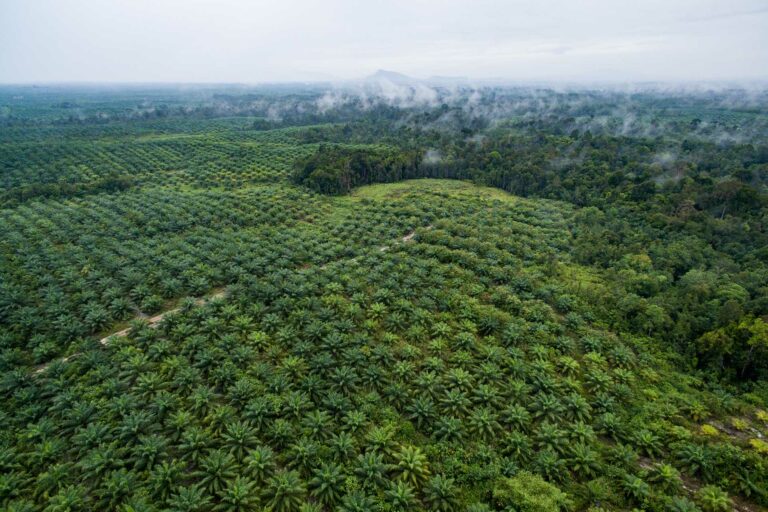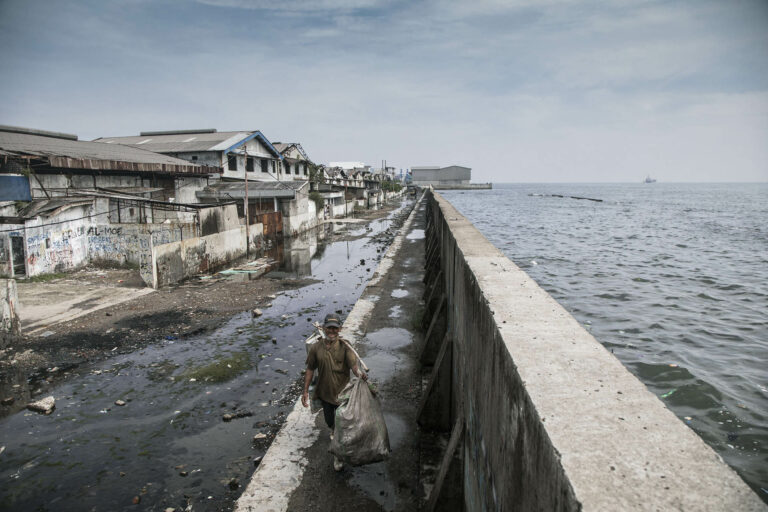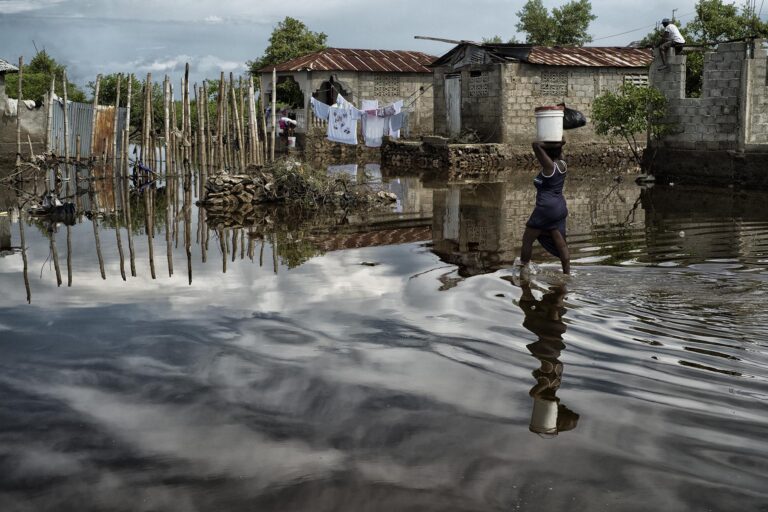Decreasing greenhouse gas emissions from global supply chains is a critical component of...
The Paris Agreement states that: Parties shall cooperate in taking measures, as appropriate, to enhance climate change education, training, public awareness, public participation and public access to information, recognizing the importance of these steps with respect to enhancing actions under this Agreement.
In article 4 of the UNFCCC, the parties commit to promote and facilitate, within their respective capacities, “public access to information on climate change and its effects.”
Those affected by climate change or trying to address climate change require access to accessible and understandable information in order to make themselves heard by those in positions of power. According to David Boyd, the U.N. special rapporteur on human rights and the environment, states must, “Provide the public with accessible, affordable and understandable information regarding the causes and consequences of the global climate crisis, including incorporating climate change into the educational curriculum at all levels.”
The right to access information held by public authorities is an integral part of the right to freedom of expression and, as such, is specifically mentioned not only in article 19 of the ICCPR, but also in the European Convention on Human Rights, the American Convention on Human Rights (covering the countries of North America, Central America, South America, and the Caribbean), and the ASEAN Human Rights Declaration.
The UN Human Rights Committee has stated that such information “includes records held by a public body, regardless of the form in which the information is stored, its source and the date of production. …. To give effect to the right of access to information, States parties should proactively put in the public domain Government information of public interest. States parties should make every effort to ensure easy, prompt, effective and practical access to such information. States parties should also enact the necessary procedures, whereby one may gain access to information, such as by means of freedom of information legislation.”
The Inter-American Court of Human Rights has held that the right to “seek” and “receive” information in article 13 of the American Convention on Human Rights protects the right of all individuals to request access to state-held information and the positive obligation of the state to provide it, subject to certain limitations contained in the Convention.
Photo Credit: Urban smog in Cairo. Egypt is one of a number of countries whose governments have severely curtailed environmental groups’ ability to carry out independent policy, advocacy, and field work essential to protecting the country’s natural environment. Photo from Pixabay.
More reading...
Ocean acidification is a symptom of humanity’s dangerous addiction to fossil fuels.
Overfishing is a serious marine issue with direct effects on both climate change...
The Paris Agreement established the goal of increasing “the ability to adapt to...
Under the International Covenant on Economic, Social and Cultural Rights (ICESCR), everyone has...






